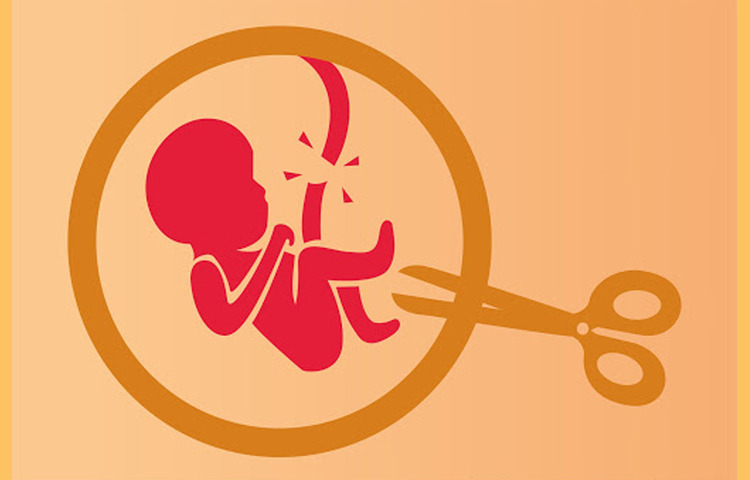“The Bombay High Court’s Landmark Decision: Upholding Reproductive Autonomy in Pregnancy Termination Case”
June 13, 2024 2024-07-05 16:38“The Bombay High Court’s Landmark Decision: Upholding Reproductive Autonomy in Pregnancy Termination Case”

“The Bombay High Court’s Landmark Decision: Upholding Reproductive Autonomy in Pregnancy Termination Case”
By Shazia Siddiqui
In a recent landmark decision, the Bombay High Court addressed a poignant plea from a 19-year-old woman seeking legal permission to terminate her 25-week pregnancy. The pregnancy, a result of a consensual relationship, prompted the petitioner to assert her fundamental right to reproductive autonomy. She argued that continuing the pregnancy would not only pose severe psychological risks but also subject her to significant social stigma, given her young age and modest socio-economic background.
Initially, the petitioner’s case was supported by a private medical report that concluded there were no abnormalities detected with the fetus. However, crucially, this report failed to account for the petitioner’s mental health status. In response, the court intervened, directing the Medical Board of the hospital to conduct a thorough assessment as mandated under the Medical Termination of Pregnancy Act, 1971 (MTPA).
The Division Bench, comprising Justice N.R. Borkar and Justice Somasekhar Sundaresan, underscored the petitioner’s sovereign entitlement to make autonomous decisions concerning her body. Citing precedent from the Supreme Court, particularly the pivotal case of A (Mother of X) v. State of Maharashtra, the High Court reaffirmed that reproductive rights are fundamental rights. It explicitly stated that neither parental nor partner opinions can impinge upon an adult’s right to choose whether to terminate a pregnancy.
Central to the court’s deliberation was the comprehensive medical assessment conducted by the Medical Board. Their evaluation concluded that the continuation of the pregnancy posed a significant risk of severe physical and mental disabilities for the potential child, which would severely compromise their quality of life. This assessment, combined with the petitioner’s own mental health concerns and her suitability for the termination procedure, formed the basis of the court’s decision.
The Bombay High Court emphasized the petitioner’s well-founded fears of enduring grave psychological harm if the termination were denied. Accordingly, the court granted her plea, allowing her to undergo the necessary medical procedures in accordance with established protocols.
This case serves as a poignant reaffirmation of the judiciary’s commitment to safeguarding reproductive rights as an essential component of personal autonomy. It underscores the court’s role in protecting the mental and physical well-being of individuals facing delicate circumstances surrounding pregnancy.
The petitioner’s case highlights broader societal issues concerning reproductive rights, particularly for young women from disadvantaged backgrounds. It underscores the disproportionate burden of stigma and psychological distress that can accompany unwanted or risky pregnancies in such contexts. By granting her plea, the Bombay High Court not only addressed the immediate concerns of the petitioner but also contributed to the evolving discourse on reproductive health and rights in India.
In conclusion, the court’s decision sets a significant precedent by reaffirming the principle that individuals, especially women, have the inherent right to make informed choices about their bodies and reproductive health. It reinforces the notion that legal frameworks, such as the MTPA, exist to protect these rights and ensure that decisions regarding pregnancy termination are based on medical realities and individual circumstances rather than societal or familial pressures.
Ultimately, this ruling stands as a testament to the judiciary’s role in upholding constitutional values and fundamental freedoms, particularly in matters as personal and sensitive as reproductive autonomy. It serves as a reminder that legal protections must adapt to the evolving societal norms and medical understandings to effectively safeguard individual rights and well-being.
Case Title: X.Y.Z. v. The Dean of B.J. Government Medical College And Sassoon Hospital & Ors.
Neutral Citation: 2024:BHC-AS:22704-DB









